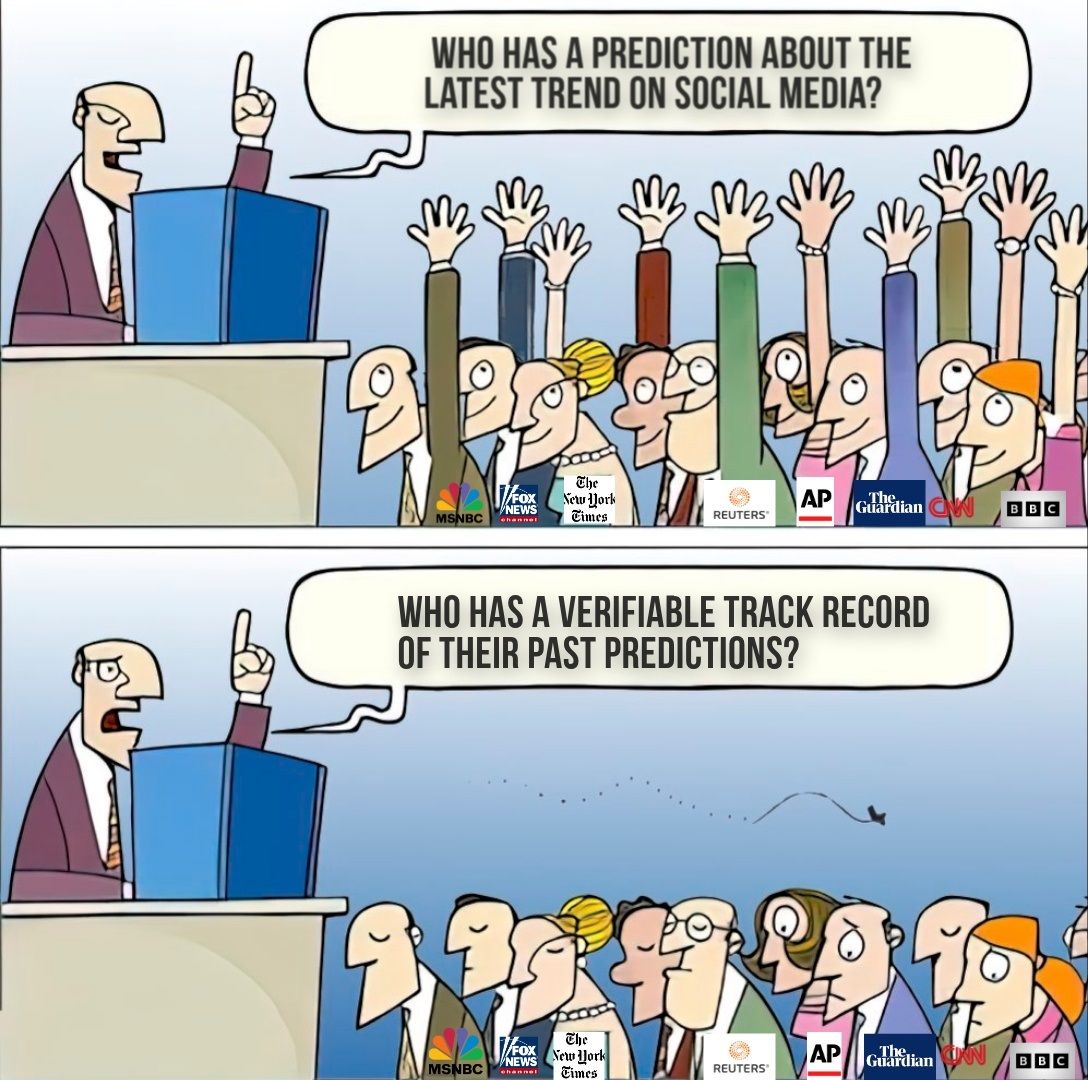Reputation is a premium currency

The covid years made us reconsider our faith in mainstream narrative crafters.
The origin of the pandemic, the mostly peaceful protests, the fluctuating effectiveness of masks, ventilators and social distancing, the market crash & recovery, Hunter's laptop, the election, the vaccine.. it was an opinionated time to say the least.
At some point it seemed that if you said anything that was out of line with an ever changing agenda you would get de-monetized, cancelled, shadow banned and ridiculed. People with genuine insights, concerns and questions were silenced and everyone suffered in some way from the censorship. It took some people years to recover their accounts and followings and some still haven't.
Freedom of speech is an unalienable right and it is fought over so fiercely precisely because it is so powerful. With the advent of smart phones and social media, the power is greater than ever. Good as that is, unchecked power poses its own risks. A bit more on this later..
The currently proposed solution to misinformation is a centralized censoring body that will decide what is and isn't permitted to be shared online. The problem with this method is that at its root it is another version of the "4th way of spending money" (see video). Tldr; No one on the planet will do a better job of censoring the content you see than you. When you don't like a show you just change the channel and it's hard to see how involving a 3rd party in this process will make it more effective.
The naturally superior alternative is a decentralized censorship solution. In this model, each user can filter their feed to display content from users that meet their minimum accuracy thresholds. Set the minimum to 0 and you will see the whole spectrum of opinions, set it to 90 and you will only see the content from the people that have a 90%+ accuracy score for whatever domain of expertise is relevant to you.
Until the recent advent of capable LLMs, the process of determining someone's historical predictive accuracy this alternative was simply not viable. Some notable forecasters were manually analyzed but the vast majority escaped scrutiny.
As of 2024 there are over 3.2 million influencers making untold numbers of predictions across every imaginable subject. With 56% having "negative skill", that is - consistently under-performing the market month after month. Perhaps unsurprisingly, these influencers have more followers and influence on retail trading than their skilled counterparts. The casual investor or bettor is easily swayed by the popular and promoted voices and narratives. Needless to say, most lose money.
Like most people, we too have been burned following bad advice and, after realizing that bad advice was rampant everywhere, we decided to do something about it. Ranking the online accounts we followed by the accuracy of their predictions seemed like the right first step. Once the score is kept, we believe that those accounts sharing valuable insights will begin to command greater followings than those that are just loud.
Over time, and with your help, we will promote this incentive structure to all content creators, publications, social media platforms and news aggregators, compelling them to shift the landscape of online discourse toward one that rewards shared wisdom over sensationalism.
There is no one that should care more about the quality of the information you consume than you. If you're an adult, and there is - there's a good chance that you're being duped. The ability to focus on or avoid certain narratives at will, should belong to each of us. When we saw that there was no reliable method of doing this at the scale that new info is being published, we decided to build it ourselves.
We hope you find Lucky or Genius as valuable in your quest for insights as we aim for it to be.
If you have any suggestions or ideas on how to help us get to our goals, please reach out to us!